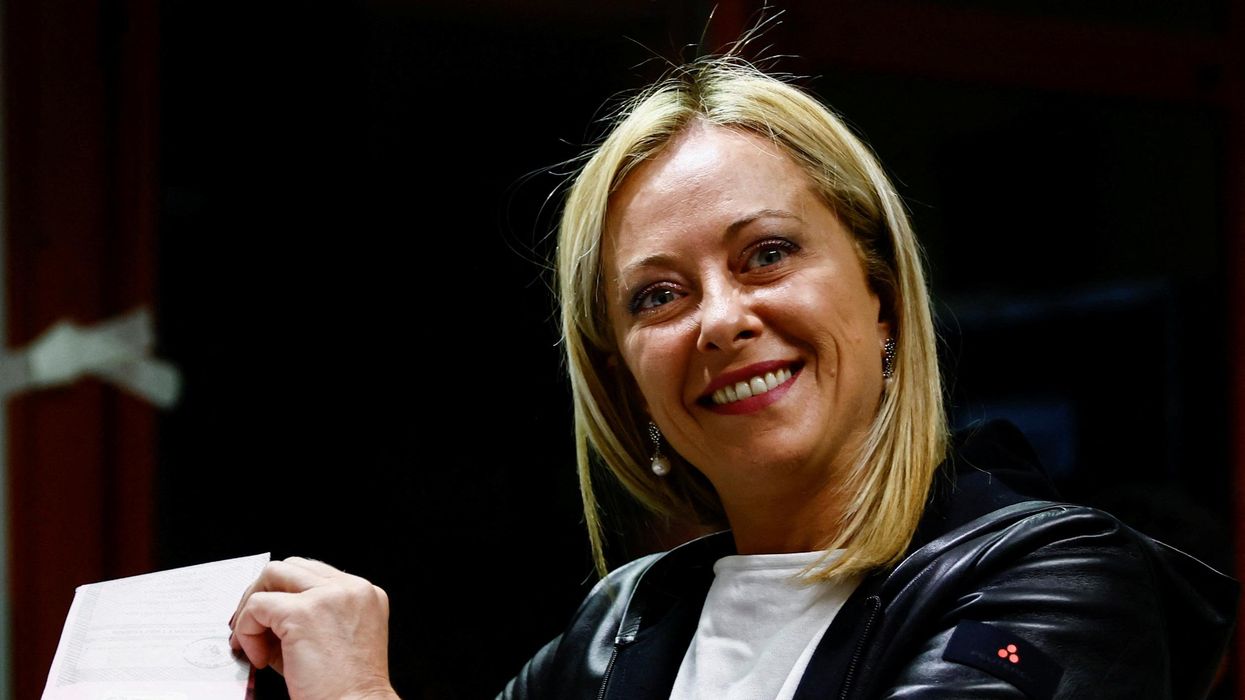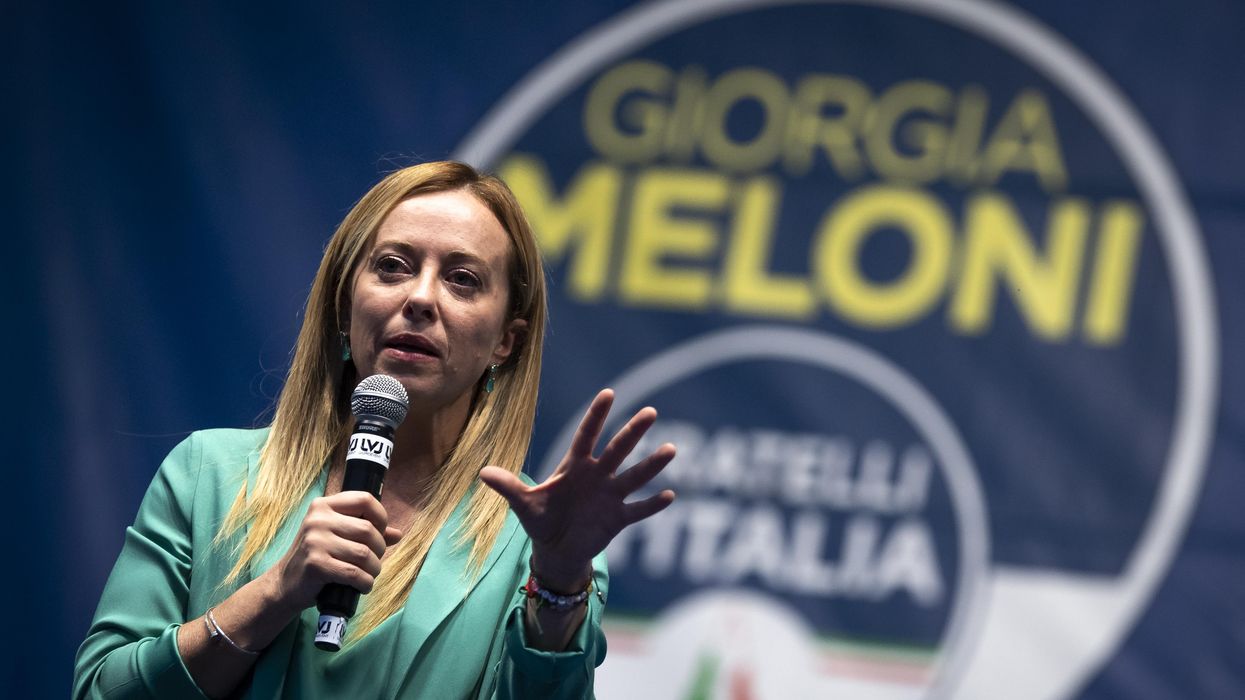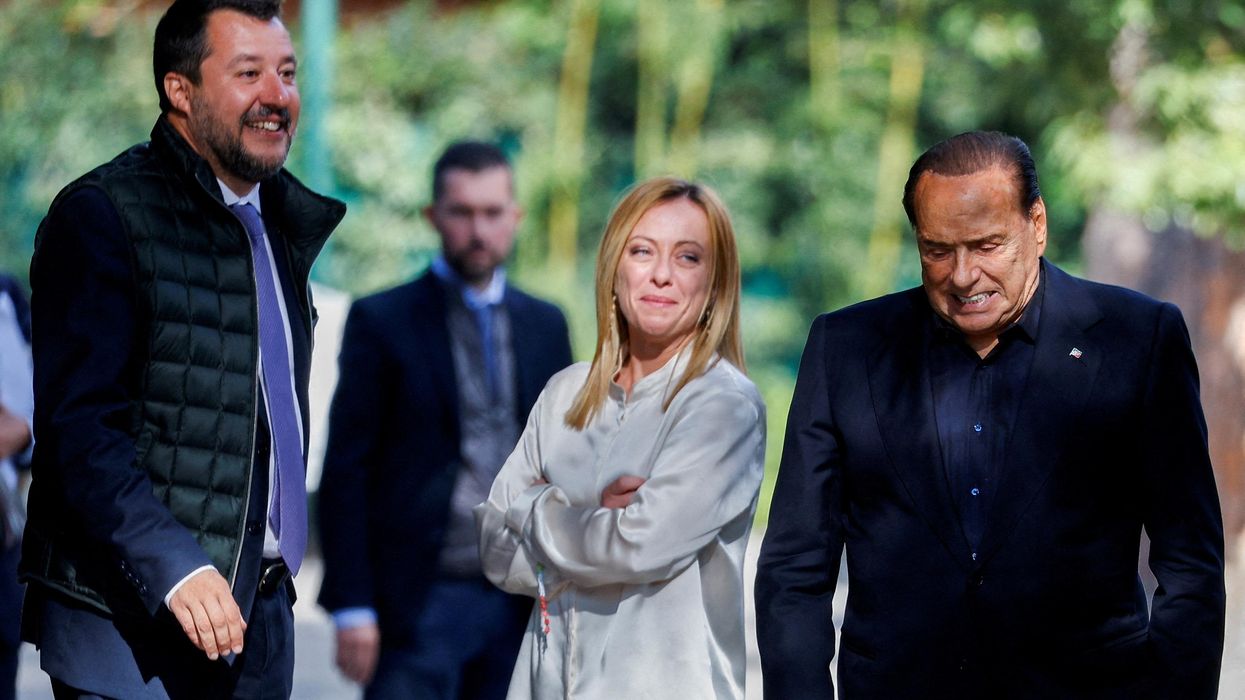GZERO Europe
Starmer pursues EU alliances to soften Brexit blow
What is motivating the Starmer UK government from seeking new security treaties with Germany and with Paris? What is the effect of Italy's very restrictive policies on migration and what's happening in the Mediterranean on the migration flows across the Mediterranean? Carl Bildt, former prime minister of Sweden and co-chair of the European Council on Foreign Relations, shares his perspective on European politics from Tabiano Castello in Italy.
Aug 30, 2024




